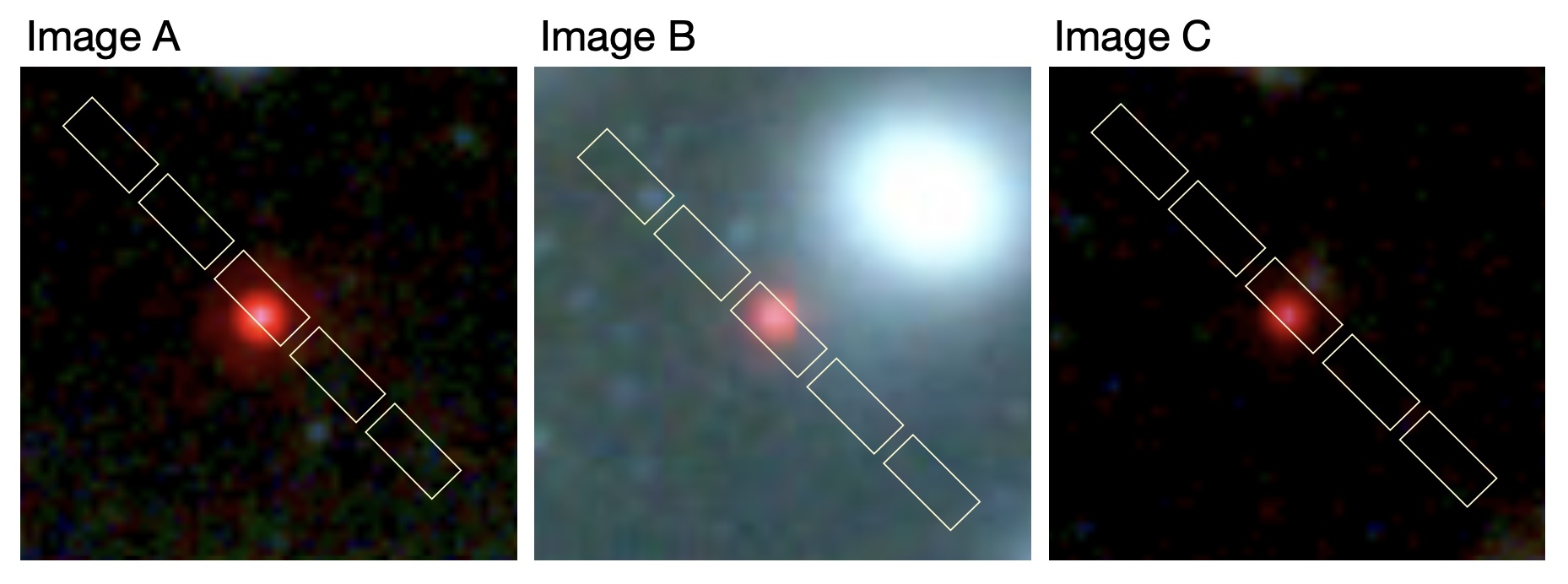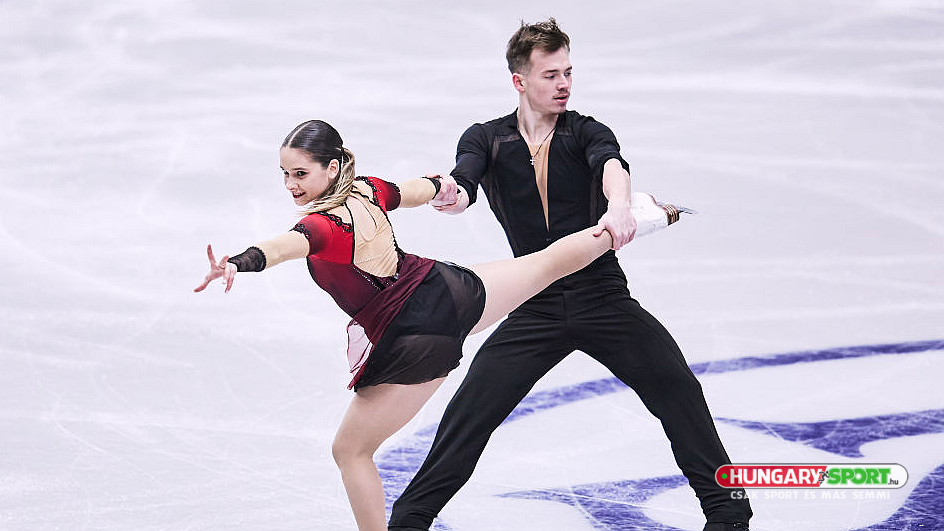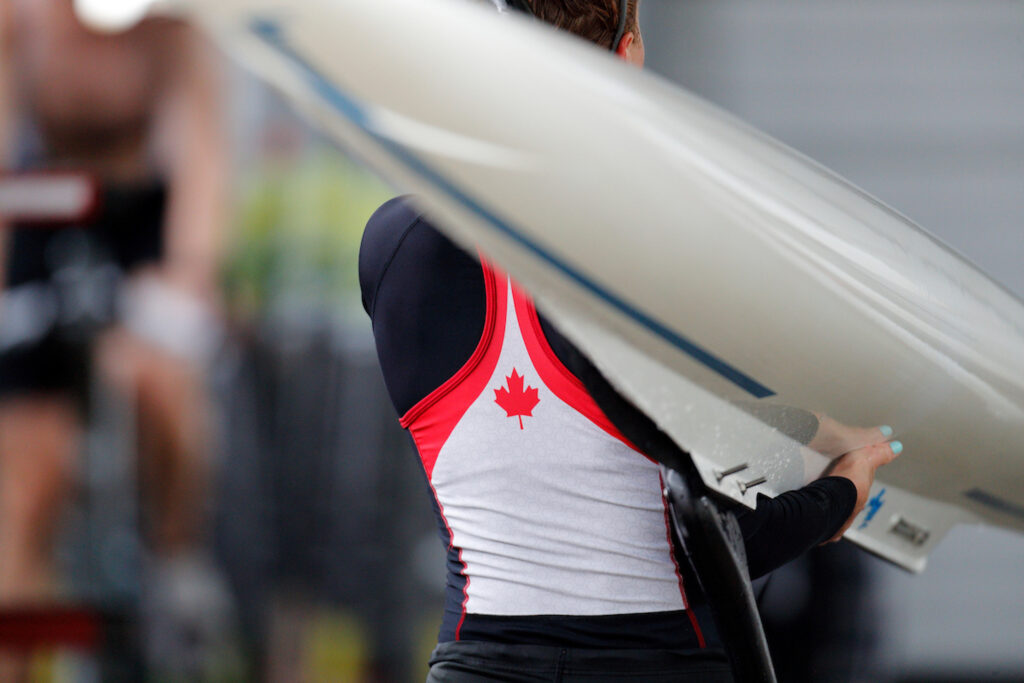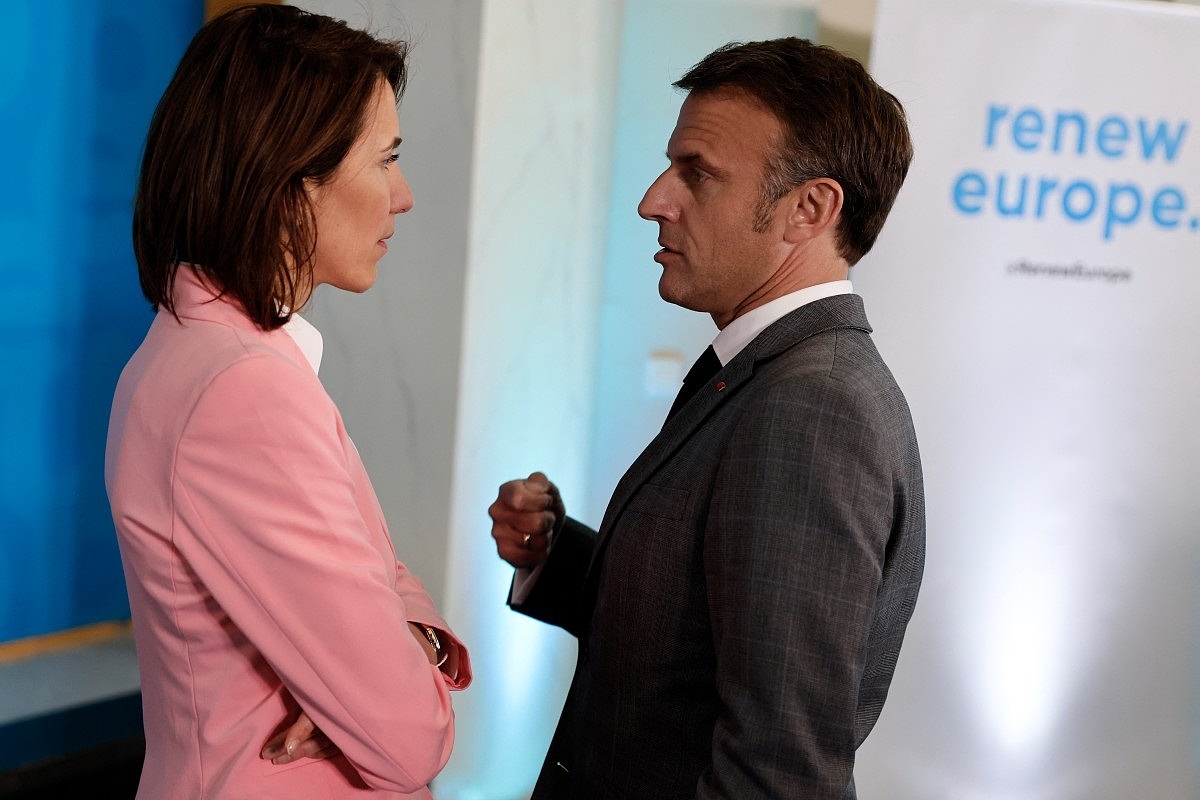The obvious choice is EPP-S&D-Renew
After the June elections, the informal grand coalition of the European People's Party, the European Socialists, and the Liberals (Renew Europe) is currently expected to obtain between 405 and 406 seats, convincingly exceeding the required correct majority of 361 seats. So it is clear that the coalition will get enough seats to approve the next president of the European Commission.
The game may seem over, but the development of European public opinion and the weakness of the Socialists – due to the weakness of the German government and the faltering Spanish government, as the decisive players – may cause political excitement. Movements on the basis of which socialists may be removed from the highest levels of decision-making.
A new coalition based on fragile foundations
In the past period, the positions of the European People's Party and the European Council have clearly converged. Ursula von der Leyen, President of the European Commission, gave a clear signal in the front-runners debate in Maastricht that she was ready to cooperate with the representative group of European conservatives and reformists. Von der Leyen made clear in her speech that she would not cooperate with the far-right group Identity and Democracy.
Meanwhile, Italian Prime Minister Giorgia Meloni proposed forming a new coalition for the European People's Party.
His plan is to create the necessary cooperation for the majority in the European Parliament with the leadership of right-wing parties, without the Socialists, Leftists and Greens.
The Italian Prime Minister believes that the People's Party and the conservatives are the main axes.
Georgia Meloni and Viktor Orbán
Nicola Procaccini, the European Parliament representative of the Meloni-led party, explained his idea that in addition to the cooperation of the European People's Party and the European Council of Reformists, some members of the right-wing Identity and Democracy group, as well as some of the liberal parties Renew Europe, would be able to provide the total number of members, which is a majority. Required to access it in the next session.
According to public opinion polls, the combined support for a possible coalition between the centre-right, Liberals and Conservatives (349-352 seats) is already within the margin of error for them to be able to jointly approve the person proposed by the member leaders. States.
But at the polls, it is worth making calculations with abstainers and representatives who reject faction discipline, so they would have to receive stronger support in the election than by current measures for this possibility to be worth considering.
Moreover, the fault lines that continue to hamper the creative plans of the EPP/ECRC coalition are clearly visible in the statements.
The uncertainty surrounding the new alliance is greatly increased by the fact that the liberal Renew Europe party has abstained from re-electing Commission President Ursula von der Leyen if she decides to cooperate with the right-wing ECR party after the election.
Valerie Heer, head of the liberal representative group Renew Europe, has stated that, unlike the EPP, she considers Italian Prime Minister Giorgia Meloni a far-right extremist. He added: “I do not know whether (von der Leyen) will be the candidate for the position of President of the European Commission, but I had the opportunity to tell him that if he was, there would be no contact or negotiations with the European Commission.” “said the French politician.
Socialists may be expelled
If the coalition envisioned by the Italian Prime Minister were to be formed, it would have very negative consequences for the European socialists. This led to the expected reaction of the European Socialists Party declaring not to cooperate with what they consider to be extremist right-wing forces in the next European Parliament.
The Socialists are now trying to pressure the European People's Party to sign a declaration that excludes cooperation with the factions that the Socialists consider to be extreme right-wing.
In addition to the above, it is worth paying attention to the separate match between socialists (S&D) and conservatives (ECR). Ultimately, the number of seats between these two party families could decide with whom the EPP will form the coalition needed to achieve a majority. There is some play in the system, as neither equality and discrimination nor European constitutional rights can be explained independently, and additional allies from both sides of the political spectrum may join the coalition. Another development is that in the political situation following the European Parliament elections, factional discipline will probably not be as overwhelming either, and thus there is a high chance that there will be parties that vote against the decision of their party family.
Potential kingmakers: Emmanuel Macron and renewal
Both scenarios have one thing in common: renewal, where the stronger political party led by Emmanuel Macron will have the decisive say. In this situation, the French president could be in a comfortable position, regardless of the fact that the liberals will, by measurements, be among the biggest losers in the elections. However, Macron could be the “kingmaker” in choosing the next president of the European Commission and in forming the majority of the European Parliament.
In the political game, it was not a coincidence that Emmanuel Macron “put forward” the name of former Italian Prime Minister Mario Draghi as a potential president of the next Commission.
With this chess move, Ursula von der Leyen and Giorgia Meloni, but also the Socialists, were forced to make a political move.
The author of the article is an analyst at EuroAtlantic Consulting
The Austrians are worried, as it is becoming easier to overtake them in corners
Pressure is mounting on the leaders of Austria, which faces national elections this year: our second most important trading partner has now fallen in the European competitiveness ranking, which is why economic actors are demanding reforms.
If you want to know more, you can read more here →

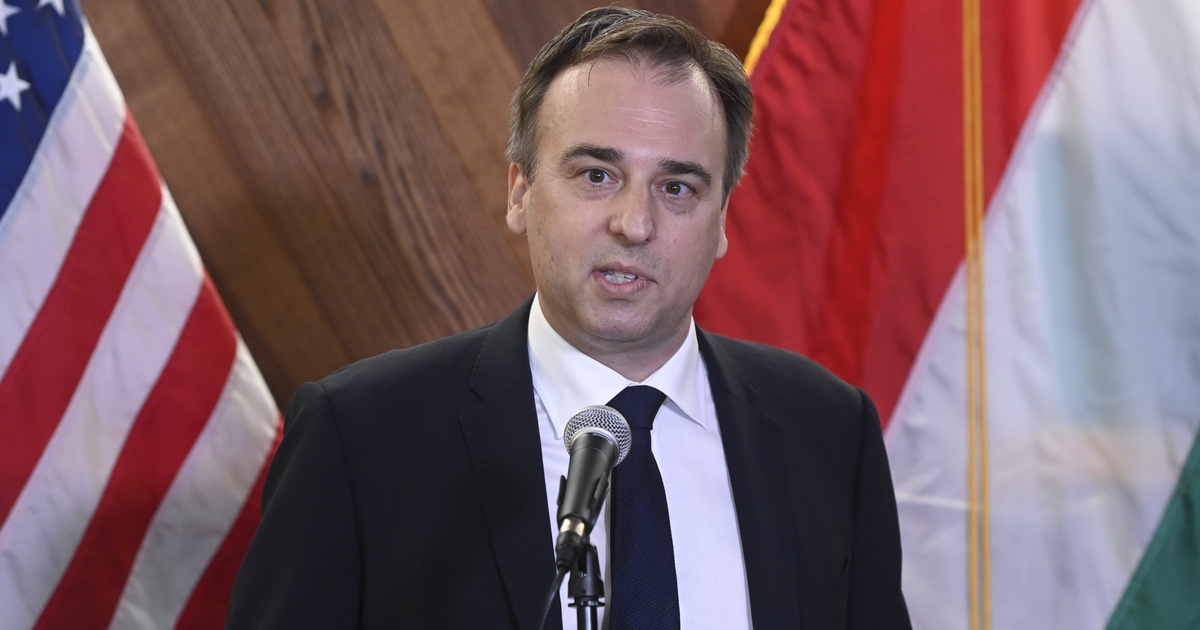
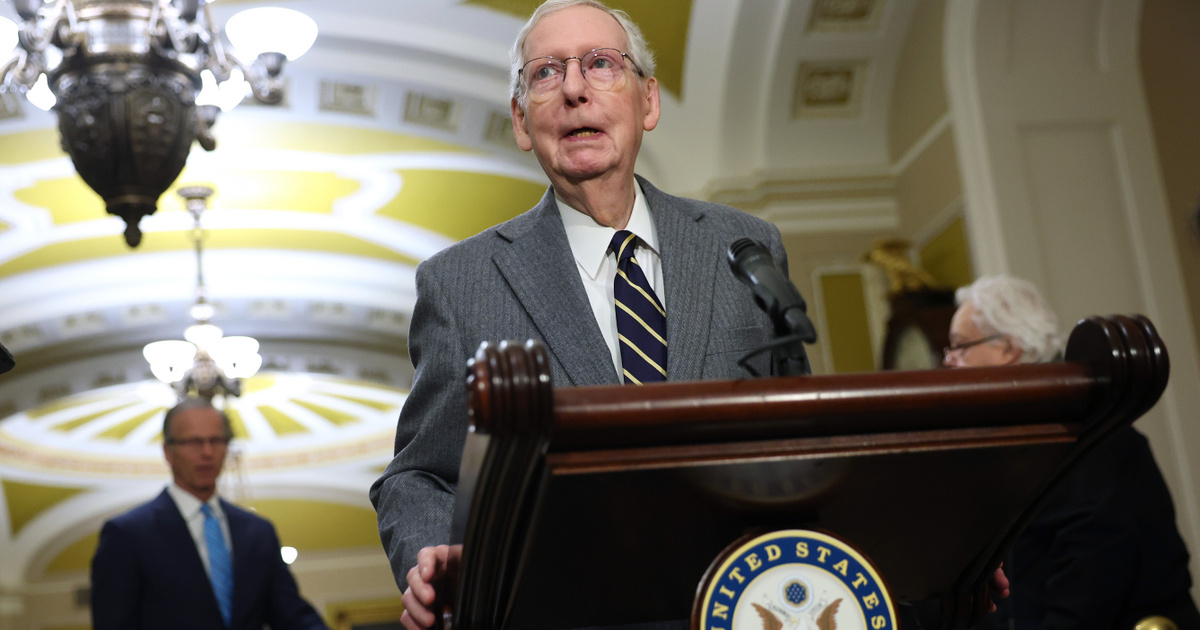
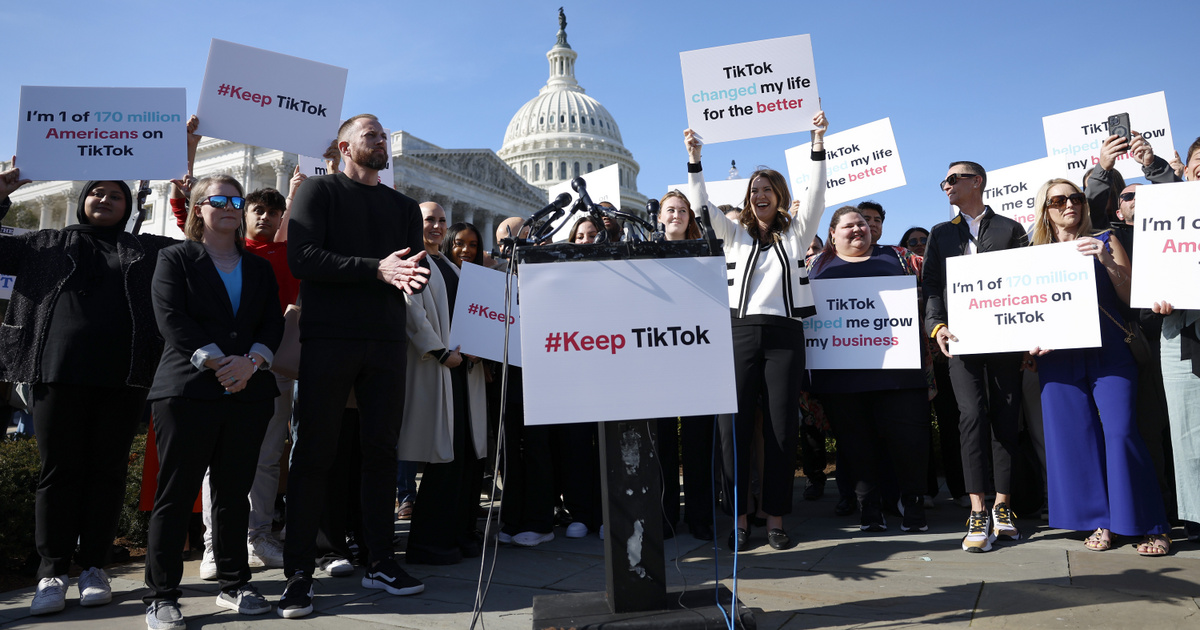
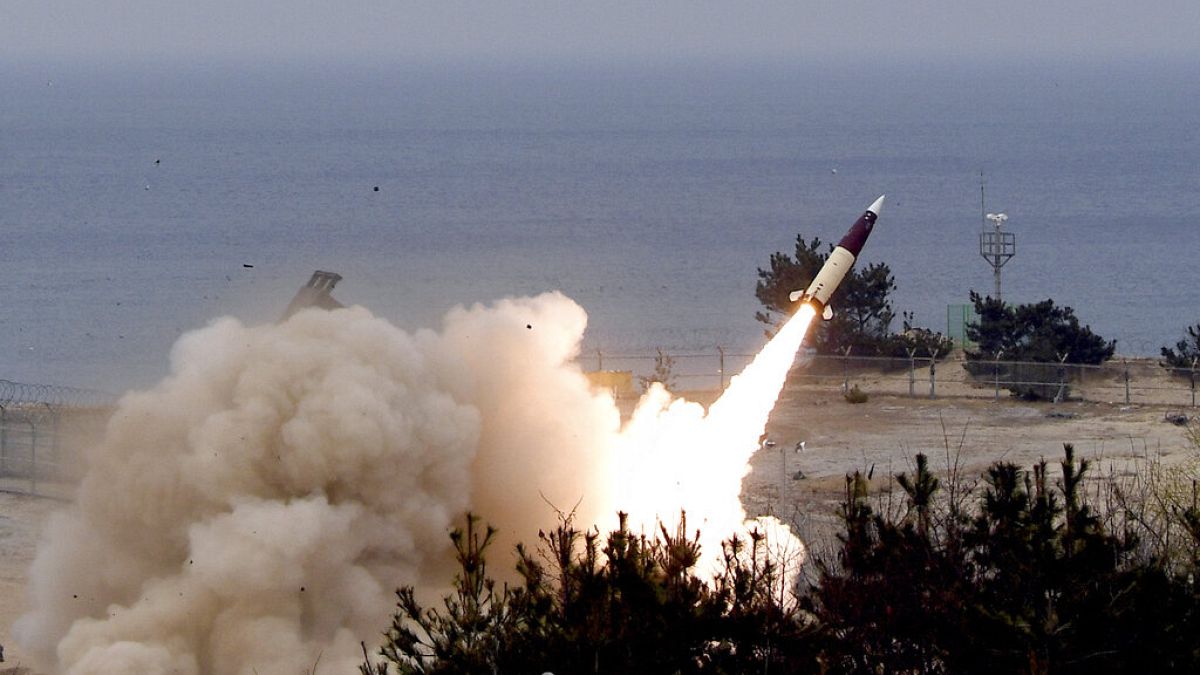





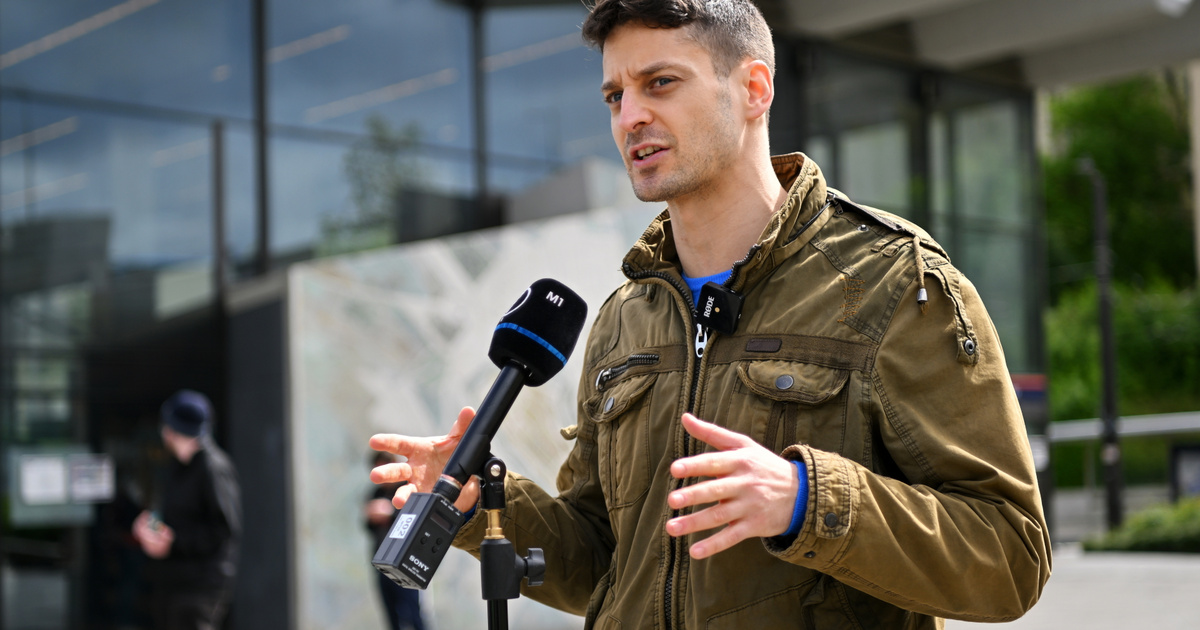






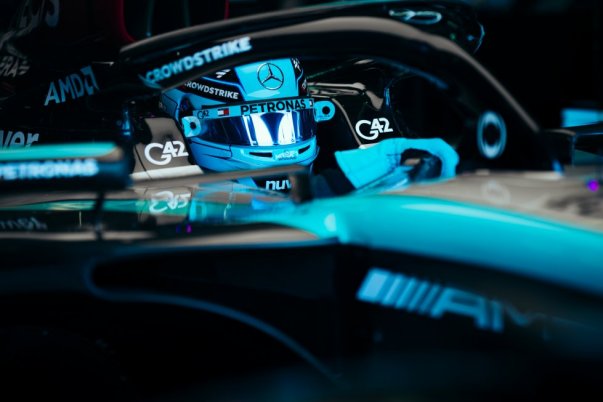
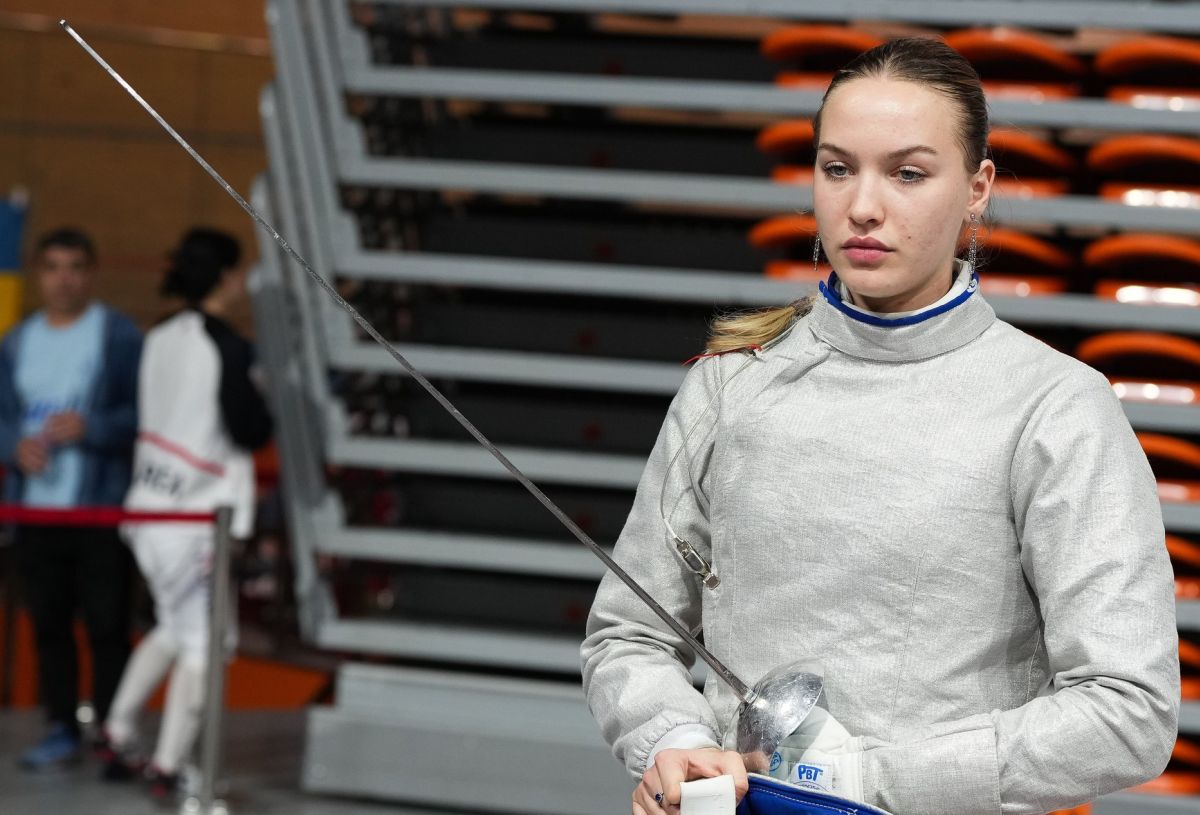



![Tom Clancy's The Division Heartland: Gameplay Leaked! [VIDEO]](https://thegeek.hu/wp-content/uploads/sites/2/2023/04/thegeek-Tom-Clancys-The-Division-Heartland-1.jpg)

